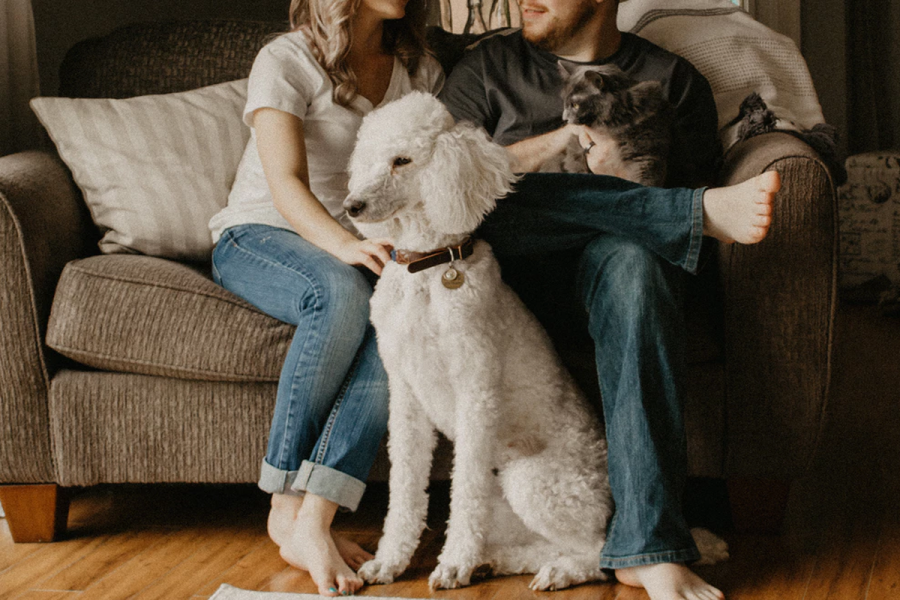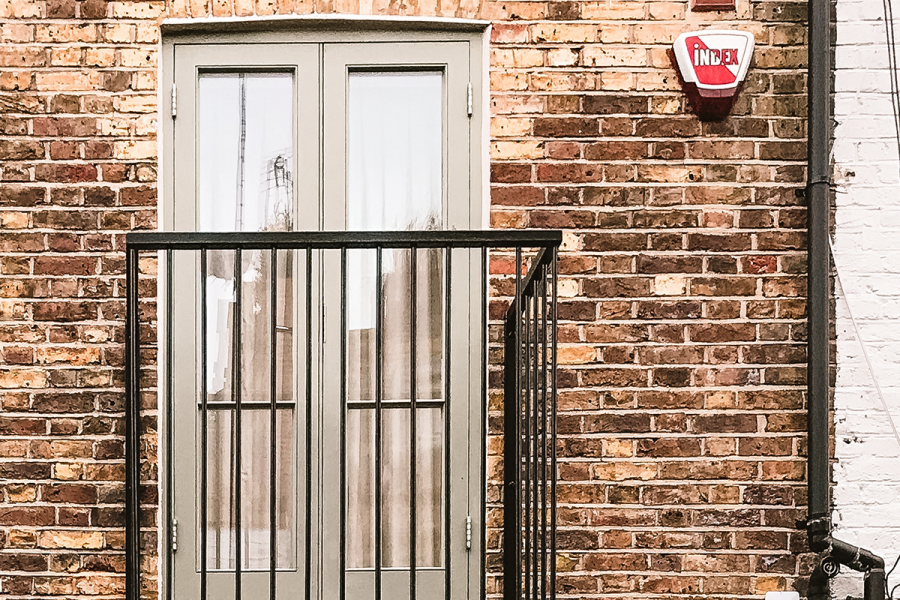The police have some tried and tested methods for keeping your home secure from opportunistic thieves.
This checklist will make sure you’re not an easy target for them.
When it gets dark
Burglaries spike in the winter months when the shorter days allow thieves to spend longer in the shadows. Here are some ways to deter them at night:
- Keep a low energy light on in your home throughout the night
- Use a timer switch to change the times when your light comes on
- Use an automatic light by your front door to make sure it is fully lit
- Keep your windows and doors locked at all times. Window locks can often be seen from the outside and could deter thieves
- Don’t assume that your pets will deter thieves. Burglars know that a cat flap, for instance, weakens a door and that pet owners are likely to turn off their burglar alarms so that their pet doesn’t set it off. Make sure your alarm is on at all times
Keep your keys secure
House keys that are hidden outside a home are to blame for thousands of burglaries each year. Despite this, around 29 per cent of householders still admit to keeping spare keys under doormats, plant pots and garden gnomes. Don’t get caught out:
- Keep your keys in a safe place that is far from the letterbox. Thieves can come equipped with devices that are capable of easily hooking keys through your door
- Never keep spare keys outside, or in a garage or shed. If you do need to keep a spare key somewhere, leave it with a trusted friend or family member
Windows and doors
Around 60 per cent of thieves enter homes through unlocked windows and doors. Weak and badly fitted locks are also to blame, but there are some easy ways to avoid being put at risk:
- All exterior wooden doors should be fitted with a five lever mortice lock (British Standard 3621)
- All new windows must be certified to British Standard 7950 and all new doors to PAS 24
- Multi-locking systems must be added to all UPVC or composite doors.
- Consider also adding an anti-snap lock cylinder (TS007)
Windows above a flat roof extension must always be locked
Outside the home
One of the first things a thief will do when trying to scout out a target is to look at the state of the home’s exterior:
- Visible burglar alarms can deter thieves, so make sure you have one fitted as a priority
- Get lighting for outside your home, but make sure it does not disturb your neighbours
- Lock sheds and garages, particularly if they connect to your home
- Make sure cycle storage and bin stores are covered, locked and secured to avoid them becoming hidden spaces where someone can loiter
- Never leave gates open. A thief will know that someone who tends to do this is likely to also have a laid back attitude to security elsewhere in their home
Flats and shared homes
It’s important that everyone in an apartment building or shared homes knows how to keep their building secure:
- Get an audio and video entry system fitted to the main door of your building
The main door should lock behind you. If it doesn’t, report it to your building manager so that it can be quickly repaired - Ideally, you should have a door that is fitted with a self-closing arm with two magnetic locks at the top and bottom
- Consider getting personalised security key fobs that can track when someone is coming in and going out
- Never buzz strangers in for your neighbours or hold the door open for them
Make sure you have home contents insurance - Post boxes in communal buildings are often the target of criminals so make sure your building has a secure lobby area with post boxes that can be locked





